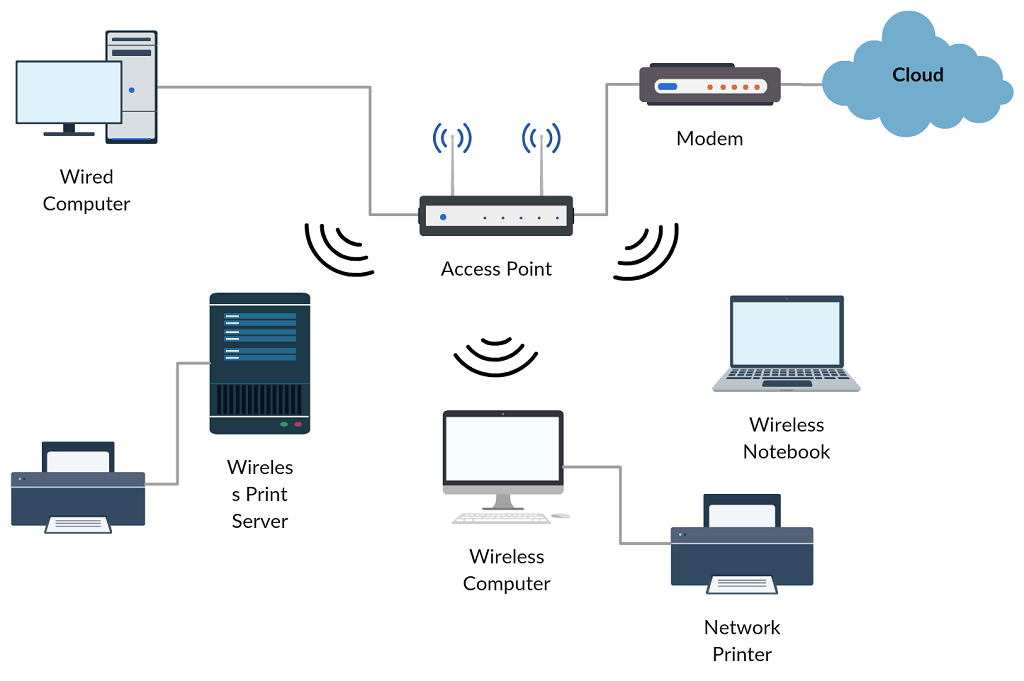Posted at 06:54h
in
Blog
by Kurt Williams
Owning and operating a small business means wearing a lot of hats. Whereas large corporations have the money to hire specialists and fill redundant positions to ensure optimal coverage, small businesses rarely have the capital on hand to fill all of the roles needed with individual workers, much less the best and brightest in their field. As a result, many small business owners will find themselves handling tasks like management, accounting, sales, and any number of roles they are ill-prepared to tackle. And
workplace safety is definitely an undertaking that can fall to a small business owner. But if you want to limit your liability and ensure the health and safety of workers, clients, and anyone who interacts with your business, it's imperative that you make workplace safety a top priority.











